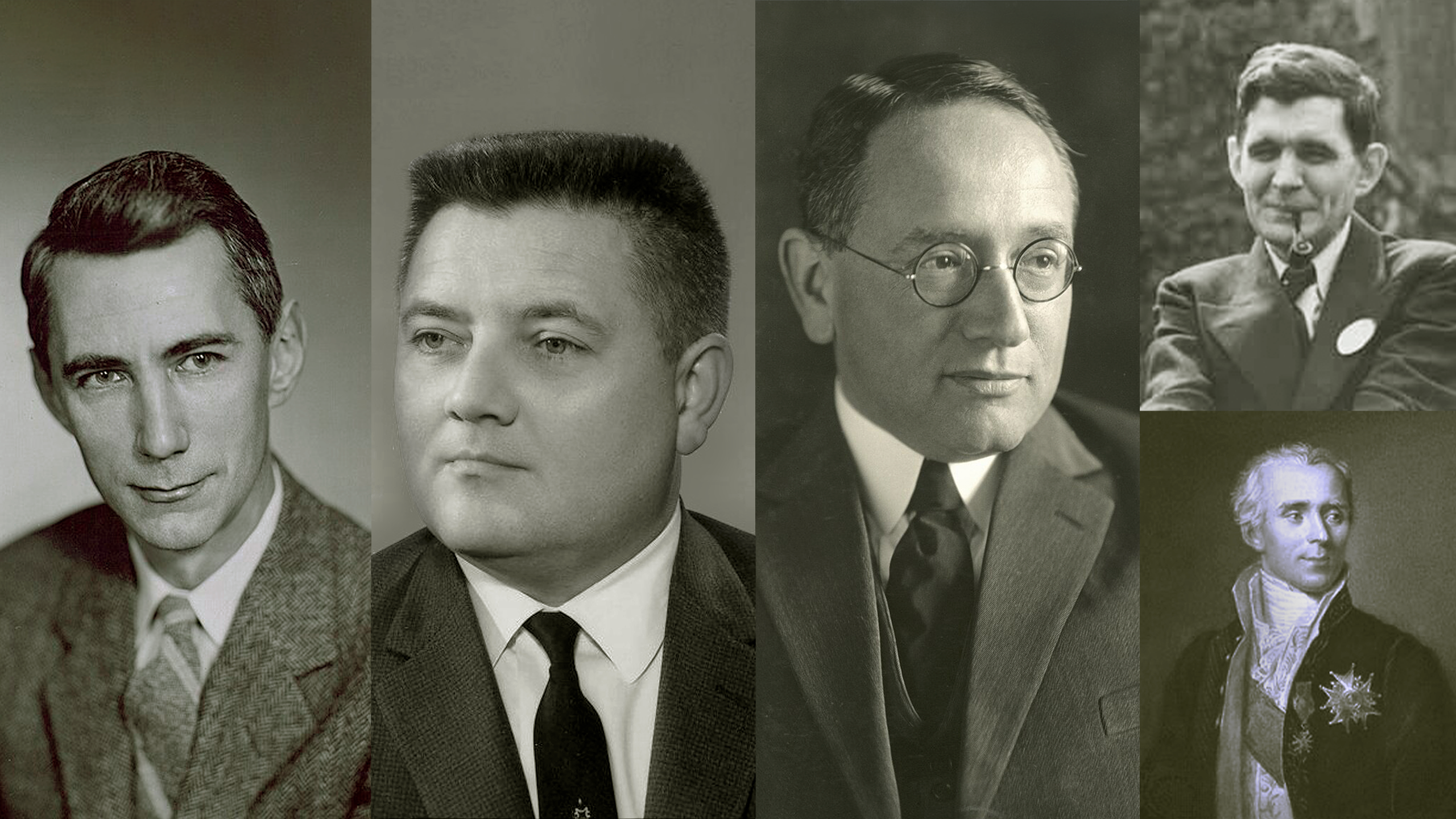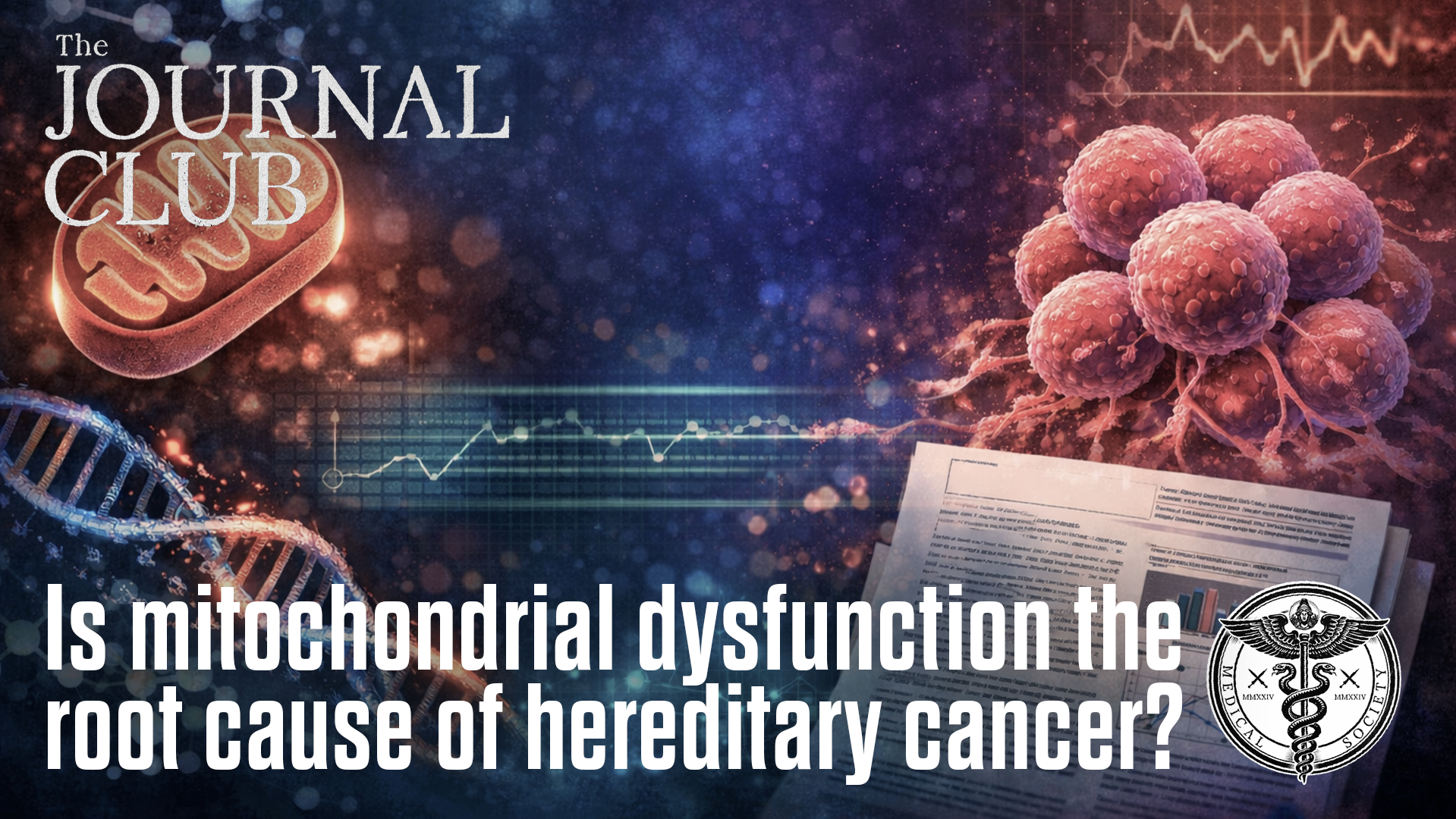Embracing Uncertainty with Probability Theory
By Emily Kaplan
In medicine, certainty is a rare luxury. Every diagnosis, treatment plan, and prognosis comes with its own set of probabilities and uncertainties. Despite this inherent unpredictability, the ability to make accurate predictions remains a cornerstone of effective medical practice. Understanding the value of predictive power and the role of probability theory can help clinicians navigate uncertainty and improve patient care.
The Medical Society calls for a restoration of these basic tenets of scientific inquiry. By insisting upon tested standards such as transparency, reproducibility, and predictive value, The Medical Society seeks to provide medical practitioners with the knowledge they need to distinguish between reliable research and practices and those that are overreaching. As traditional methods of peer review fail to keep pace with a growing literature and the increasing temptation for researchers and drug developers to ‘game’ the system, the rapid commercialization of medicine and the pharmaceutical industry has intensified pressure on all involved to publish, profit and move on to the next research project.
Predictive power is a critical measure of a model’s validity in medicine. By adopting a probabilistic perspective as advocated by thinkers like Jaynes, Cox, Shannon, Polya, and Laplace, we can navigate these uncertainties; and in so doing, we can move medicine towards a more robust and effective practice. In the Medical Society, we are taking the lead in this movement and advocating for medicine to return to rigorous, transparent, and predictive science for the benefit of patients and society at large.
Medicine, by its very nature, deals with messy and complex biological systems. Unlike physics, in which controlled experiments are often repeatable. Instead of the simple physical system of ‘two balls hitting the ground at the same time’, medical science must account for the countless variables that can influence results. Genetic differences, environmental factors, lifestyle choices, and random biological variation all contribute to the unpredictability of medical results.
At The Broken Science Initiative, we are big fans of probability theory as the best way to solve problems. As members of The Medical Society, we invite you to learn more about this rubric for decision-making and consider it a template you can apply to medicine as a means of evaluating all information.
The BSI Pantheon:
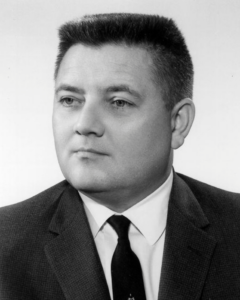
Edwin T. Jaynes
Edwin T. Jaynes, a pioneer in the field of probability theory, emphasized that all scientific knowledge is essentially probabilistic. According to Jaynes, the predictive power of a scientific model is its most critical attribute. He argued that a model’s validity stems from its ability to predict future observations accurately. This principle applies directly to medicine, where the effectiveness of a treatment or the progression of a disease can only be understood in terms of probabilities.
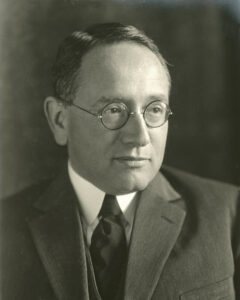
George Polya
The mathematician George Polya is known for his work on problem-solving and heuristics. Polya’s perspective on mathematical reasoning underscores the importance of probability in making informed decisions under uncertainty. In his view, probability offers a framework for dealing with incomplete information, allowing practitioners to weigh different outcomes and choose the most likely course of action.
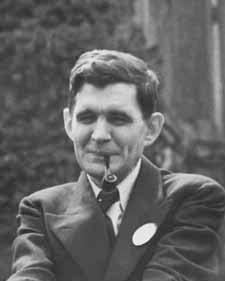
Richard Cox
Richard Cox, a notable figure in probability theory, made significant contributions to the logical foundations of probability, emphasizing its role in scientific reasoning. Cox’s theorem demonstrates that, if you want to reason consistently about degrees of belief, you have no choice but to do it using probability’s rules. This theorem supports the idea that probability theory is not just a mathematical tool but a fundamental aspect of rational thinking. In medicine, Cox’s insights underline the necessity of using probability to make informed decisions amidst uncertainty, reinforcing the importance of predictive power in developing reliable medical models and treatment plans.

Claude Shannon
Claude Shannon, known as the father of information theory, revolutionized our understanding of communication and information processing. Shannon’s work demonstrated how information could be quantified and managed, laying the groundwork for modern data science and telecommunications. In the context of medicine, Shannon’s principles highlight the importance of accurate data collection and analysis to improve predictive models. By applying information theory, medical practitioners can better handle the vast amounts of data generated in healthcare, ensuring that predictions are based on solid, quantifiable evidence. Shannon’s legacy in information theory thus provides a critical framework for enhancing medical research and practice’s predictive accuracy and reliability.

Pierre-Simon Laplace
Pierre-Simon Laplace, a key figure in the development of probability theory, further contributed to this understanding. Laplace’s famous statement, “The weight of evidence for an extraordinary claim must be proportioned to its strangeness,” highlights the need for careful consideration of evidence and the role of probability in evaluating claims. In medicine, this translates to the necessity of strong, reproducible evidence to support any new treatment or diagnostic method.
Predictive Power: A Measure of Reliability
Predictive power is the true test of any medical model or hypothesis. A model that can accurately predict outcomes in a variety of scenarios is invaluable for medical practitioners. This ability to predict is not about achieving certainty but rather about improving the odds of success. For instance, predictive models in epidemiology can forecast the spread of infectious diseases, allowing for timely interventions that save lives.
In clinical practice, predictive power helps doctors make better decisions. For example, predictive models can assist in determining the likely progression of chronic diseases such as diabetes or cardiovascular conditions. By understanding the probabilities associated with different treatment options, physicians can tailor their approaches to individual patients, thereby improving the overall quality of care.
Probability theory provides the tools needed to navigate the uncertainties inherent in medicine. It allows for the quantification of risk and the evaluation of different treatment strategies. This probabilistic approach acknowledges that while absolute certainty is unattainable, informed decision-making can significantly enhance patient outcomes.
Jaynes’s emphasis on predictive power is crucial here. By focusing on the ability to predict future outcomes, medical professionals can assess the reliability of different models and treatments. This probabilistic thinking aligns with the Bayesian approach, which updates the probability of a hypothesis as new evidence becomes available. In practice, this means continually refining medical models to incorporate the latest data, thus improving their predictive accuracy.
The recognition that nothing in medicine is certain is not a cause for despair but rather an invitation to embrace a more nuanced approach to patient care. By leveraging the principles of probability theory, medical practitioners can make better-informed decisions that account for the inherent uncertainties of biological systems.
The Medical Society’s Journal Club will directly apply the rules of probability theory to published research and offer up the problems inherent in making claims of validation broadly and specifically to the individual study in question. By dissecting a particular journal article, participants will learn what to look for when they read any study. They will start to see where the lies and tricks live, and they will leave with a better sense of what–if any–the predictive power of that study is.
The Medical Society will offer many opportunities for continuing education and collaboration in a highly skeptical, unbiased environment. Society members are encouraged to ask questions and assess any treatment or intervention’s clinical significance and value.
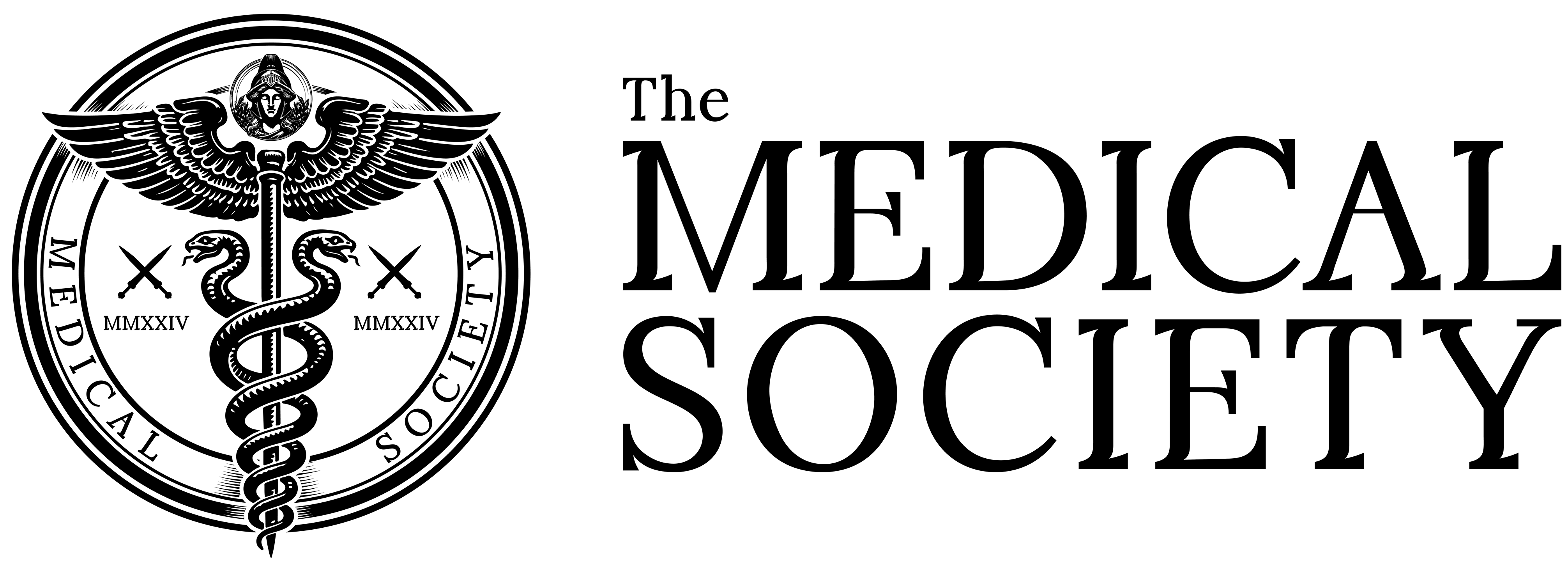
The Medical Society was co-founded by Greg Glassman, the founder and former owner of CrossFit and CrossFit Health, and Emily Kumler Kaplan, an investigator, communications expert, and serial start-up maven. The Medical Society is revolutionizing the medical landscape by returning to the roots of true scientific exploration. This society is not just another medical organization; it is the antidote healthcare providers need to identify the corrupted landscape of medicine. The Medical Society Members are collectively the preeminent group of practitioners, who share a drive to learn, grow, and offer their patients the best care possible. Together they demand a reinstatement of rigorous, replicable, and validated research practices that prioritize patient care over profit.
Emily Kaplan is an expert in strategy and communication. As the CEO and Co-founder of The Broken Science Initiative, she is building a platform to educate people on the systemic failings in science, education and health while offering an alternative approach based in probability theory. As the principal at The Kleio Group, Emily works with high profile companies, celebrities, entrepreneurs, politicians and scientists who face strategic communication challenges or find themselves in a crisis.
Emily’s work as a business leader includes time spent working with large Arab conglomerates in the GCC region of the Middle East looking to partner with American interests. Emily acquired Prep Cosmetics, expanded it to become a national chain and revolutionized the way women bought beauty products by offering novel online shopping experiences, which are now the industry standard. She was a partner in a dating app that used the new technology of geolocation to help interested parties meet up in real life. Emily developed Prime Fitness and Nutrition, a women’s health concept that focused on the fitness and diet needs of women as they age, with three physical locations. She was the host of the Empowered Health Podcast, and wrote a column in Boston Magazine by the same name, both of which focused on sex differences in medicine.
Emily is an award winning journalist who has written for national newspapers, magazines and produced for ABC News’ 20/20, Primetime and Good Morning America. She is the author of two business advice books published by HarperCollins Leadership. Emily studied Advanced Negotiation and Mediation at Harvard Law School. She has a Masters of Science from Northwestern University and received a BA in history and psychology from Smith College.
Support the Broken Science Initiative.
Subscribe today →
recent posts
Journal Club: February 5, 2026
When number-chasing replaces treating the root cause
The iceberg beneath “normal” blood sugar numbers
